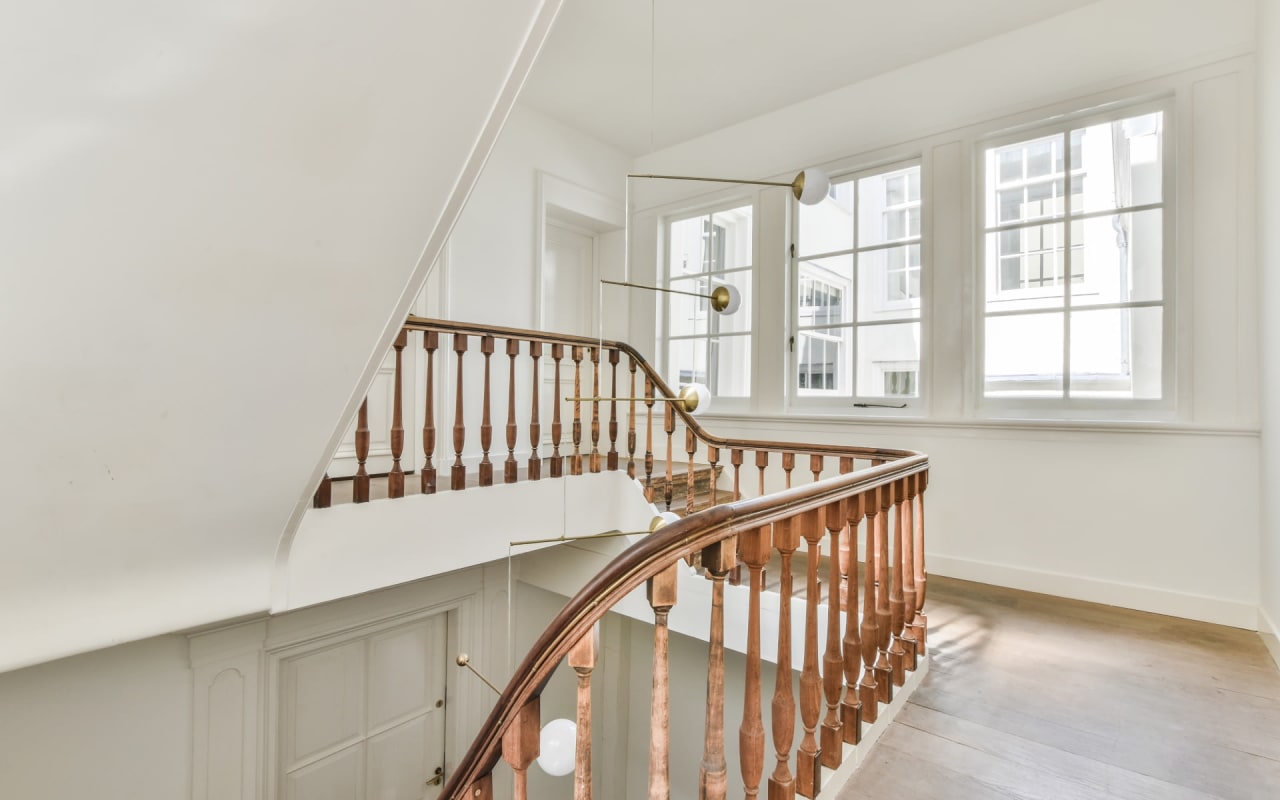Question: We want to upgrade our home with ‘smart’ technology but aren’t sure if it makes sense since we plan to sell our home in about a year. We’d feel better about doing so if it will increase the value of our home. Will these updates get us a higher price when it’s time to sell?
Answer: I see hundreds of homes each year and I’ve noticed only a slight increase in Arlington owners and renters using smart home devices. While supply is low for homes equipped with automated technology, evidence and buyer feedback points to increased interest in these homes and a slight bump in sale price, too.
What makes a home smart?
A smart home integrates three or more Internet of Things devices to solve daily tasks through automation, often working interdependently to complete them without human assistance. These devices are usually wirelessly connected to automate, control and monitor home functions like adjusting the temperature, grilling food, warming a mattress, dimming and turning off lights, checking on a video feed of your sleeping baby and feeding your pet.
Are buyers interested in smart technology in the home?
A recent Gartner survey of consumers in the U.S., the U.K. and Australia shows 10 percent of households take advantage of connected home solutions. Reasons for the lower adoption are varied: the perceived pain of the tech learning curve, the steady influx of new devices, and IoT privacy and security concerns.
In the US, adoption rates are higher:
By far the most popular devices are home security alarm systems, which have nearly double the adoption rates (18 percent) of newer connected home solutions, like home monitoring (11 percent), home automation or energy management (9 percent) adoption rates were 5 to 6 percent higher in the U.S., where smart home devices were mostly first marketed.
You might think that smart homes are primarily valued by Millennials, but researchers are finding that home automation broadly appeals to Millennials, Gen-Xers and Baby Boomers, with Gen Xers spending the most money.
Will A Smart Home Technology Investment Pay Off When It’s Time to Sell?
I have a similar answer to this question as I do with a number of other home improvement projects. Yes, a smart home investment is likely to improve value, but it’s unlikely to return you 100 percent or more of your investment. Your decision to purchase smart home technology should factor both a bump in resale value and the personal value it brings to your family while you live there.
The type of smart home technology you choose will matter too. Selecting popular products like lights, thermostats, door lock, security systems, and cameras can be highlighted during showings and are generally pretty easy to control, which result in positive buyer reactions. However, I’ve visited a few homes with complex designs and unusual products, which ended up deterring my clients because of the presumed headache and cost of maintaining the system.
Thinking about renting out your property?
Renters are very interested in smart homes and I think this is one of the best ways for home-owners to compete for renters with higher end rental apartments. Millennial renters who live in multi-family dwellings were surveyed last fall about housing preferences. Eighty-six percent would pay more for a “smart” rental. Sixty-five percent of Baby Boomers in the same survey indicated they would do the same. Furthermore, it was revealed that Millennial renters would pay about 20 percent more for smart home features; and 44 percent would trade a parking space to live in a “high-tech” apartment.
Has Smart Home Technology Influenced Your Purchase?
I’d like to hear from readers who have either been drawn to or turned away from a home with a smart technology package. If you’ve been a buyer in recent years and smart technology was a factor in your decision, I’d like to hear about it in the comments!
If you’re interested in seeing a smart home in action, I recently took a tour of the Alarm.com demonstration house in Falls Church, just off W. Broad Street. Send me an email if you’re interested in seeing the home and I can put you in touch with somebody from the team.




